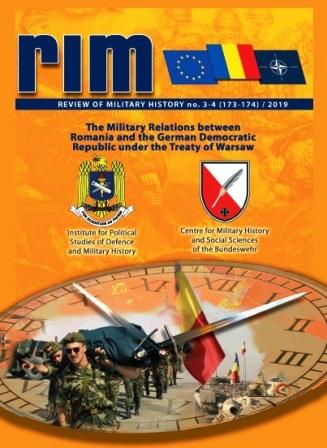N. Iorga și alianțele politico-militare ale României în perioada interbelică
N. Iorga and Romania’s Political-Military Alliances During the Interwar Period
Author(s): Alexandru Petrică OșcaSubject(s): Military history, Interwar Period (1920 - 1939)
Published by: Editura Militară
Keywords: Poland; Little Entente; Balkan Pact; Nicolae Titulescu; Józef Piłsudski; Dimitrie Ghica;
Summary/Abstract: Romania’s security system in the interwar period was based on close relations with France (especially) and Great Britain, the guarantors of the international order created at the end of the First World War, and on a system of regional alliances – with Poland, the Little Entente and the Balkan Pact. To this was added the military potential of Romania, significantly increased compared to the previous period. The study addresses the nuanced position of the scientist and politician N. Iorga towards these politico-military alliances. While he supported and campaigned for strengthening relations with Poland, he was skeptical of the effectiveness of the Balkan Pact. The study also tackles the dispute between N. Iorga and Nicolae Titulescu, the scientist criticizing some of his positions and initiatives of the illustrious diplomat. However, as a historian, a thorough connoisseur of relations between states, Iorga welcomed the establishment of diplomatic relations with the Soviet Union. In conclusion, the position of the scientist can be summarized as follows – the policy of politico-military alliances in peacetime is necessary, but in no case sufficient to guarantee the sovereignty and territorial integrity of a state.
Journal: Revista de istorie militară
- Issue Year: 2021
- Issue No: 5-6
- Page Range: 4-12
- Page Count: 9
- Language: Romanian

